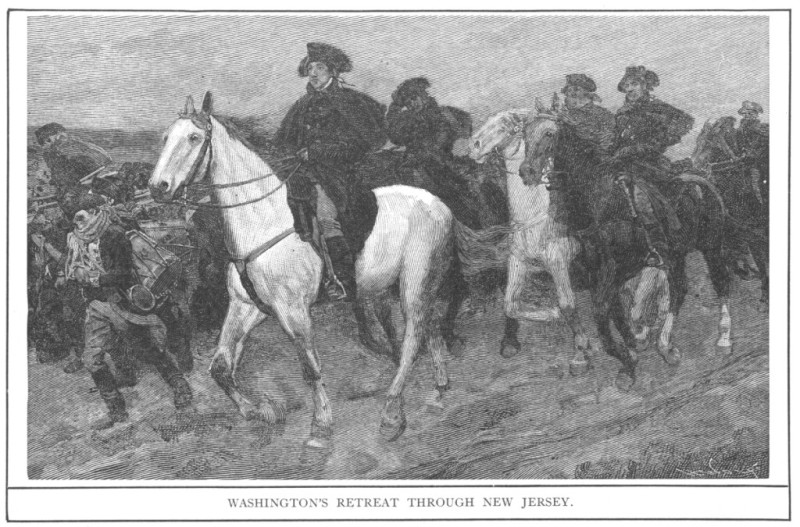Last week, I published an 1896 poem about George Washington, written by the esteemed Margaret E. Sangster, for President’s Day. Washington’s actual birthday, however, falls on February 22. For that reason, I thought that we ought to celebrate the 290th anniversary of Washington’s birth with a second poem. In this post, I will discuss and reprint a 1914 poem about Washington that was published in Dew Drops, a magazine written for young children.
What is Dew Drops Magazine?
Dew Drops was a children’s magazine. The issue we will look at today was the eighth of Volume 37, published on February 22, 1914. The publisher was David C. Cook Publishing Company, based in Elgin, Illinois.
Project Gutenberg hosts only nine issues of Dew Drops, all from volume 37. The nine issues were published weekly.
Try as I may, I could find no additional information about Dew Drops magazine. It thus remains largely shrouded in mystery.
Prelude to the Poem

The February 22, 1914, edition of Dew Drops did not expressly note that it was published on Washington’s birthday. There was no need, however, for in 1914, Washington’s actual birthday was a federal holiday. It was only moved and converted into the generic President’s Day in 1971. (Aside: I covered presidential birthday facts more broadly in an earlier post.)
The poem, which we will re-print in the next section, was written by Helen M. Richardson. I found very little information about Richardson through web searches. A food blog called “A Hundred Years Ago” reprinted a 1915 poem by a Helen M. Richardson that was written for Farm Journal from the perspective of a child watching her grandmother baste a turkey. A website for an early-twentieth century magazine called The Modern Priscilla indicated that a Helen M. Richardson was a regular contributor.
The Poem Re-Printed: “Like Washington” by Helen M. Richardson
"I wish that I could be as great
As Washington," said Joe.
"You can,my dear," his mother said,
"If you but will it so."
"But how?" urged Joe. "I cannot do
The things he did—to be
As great as he was would just mean
A General, you see."
"A General, my little lad,
You can be if you will.
A climbing boy can always reach
The summit of tho hill."
"But to be great, we first must be
Brave, kind and good and true;
And Washington was all of these
Though but a boy like you."
"Perhaps," said Joe. "I'd better try
To be just good, and when
I am as old as Washington
I may be like him then."
-Helen M. Richardson for Dew Drops
(Note: I added a quotation mark after “The summit of tho hill” that appears to have been missing in the copy of the poem on Project Gutenberg.)
My Thoughts on “Like Washington”

“Like Washington” is a charming little poem. The young boy, Joe, states that he wants to be as “great” as Washington. By “great,” he is thinking about Washington’s peerless reputation, owed largely to his remarkable accomplishments. In other words, Joe is thinking about Washington in terms of his having led his countrymen to victory in war and later serving as the first president. It is for that reason that Joe is confused when his mother tells him that if he wills it, he can be as great as Washington. Joe concludes that “to be [a]s great as he was would just mean [a] General, you see.”
Joe’s mother told him that if he set his mind to it, he too could be a general. “A climbing boy can always reach / The summit of the hill.” However, she shifted the point of emphasis. To be as great as Washington is not to be a general or president like he, she explained, but instead to be “brave, kind, good and true.” That is, Washington was not “great” because of his titles, but because of his character. It was because of his character that he earned his titles and his historical reputation.
Joe appears to have been convinced by his mother’s wisdom. Fixing his aspirations locally, he states that he had better try to be good like Washington, so that he may achieve some of the things that Washington did in the future.
There is a broad movement today to tear down the heroes of the past, to use their flaws to diminish their good qualities and banish them from memory. Against that backdrop, Helen M. Richardson’s quaint poem is refreshing, showing that the good traits of figures such as Washington can be guiding examples for good-hearted young boys and girls.